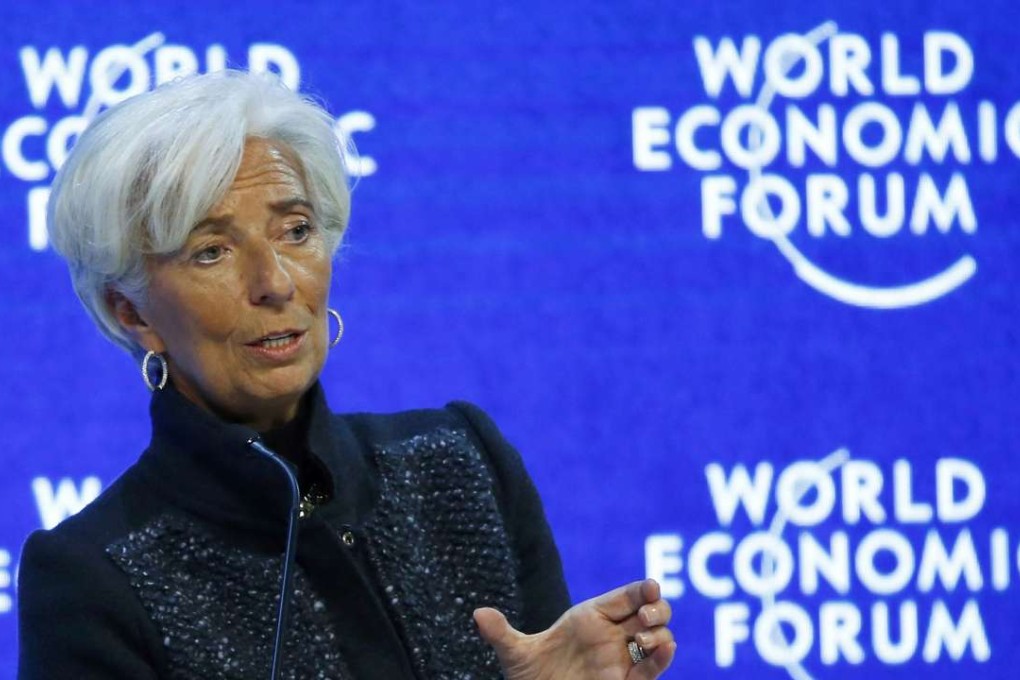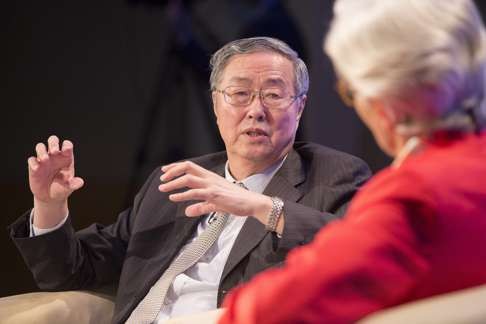Political disunion in Europe may derail plans for coordinated effort to shore up growth, analysts say

The calls at the G20 from Xi Jinping and IMF chief Christine Lagarde for coordinated global action to boost growth come at a time when economists are refocusing on the problems the Euro zone is having in kickstarting its sluggish economy. One concern is that European policymakers face challenges which are political as much as economic, leaving them with fewer options than their Chinese counterparts.
“Political risk in advanced countries is becoming the key macro-economic risk for us,” Fitch Ratings chief economist Brian Coulton said.
In some instances, gaining the lasting consensus necessary for a functioning democratic government has proven difficult.
“The fragmentation and polarisation that we see in virtually every country in Europe …is going to make it more difficult to govern. If you look at Spain for example, it does not have a government, and is moving towards its third election in a year,” Fitch Ratings global head of sovereigns James McCormack said.

In addition as the US presidential election in November, next year will also see voters heading to the polls in general elections in France, Germany and the Netherlands. Italy will also hold a nationwide referendum on economic reforms later this year.